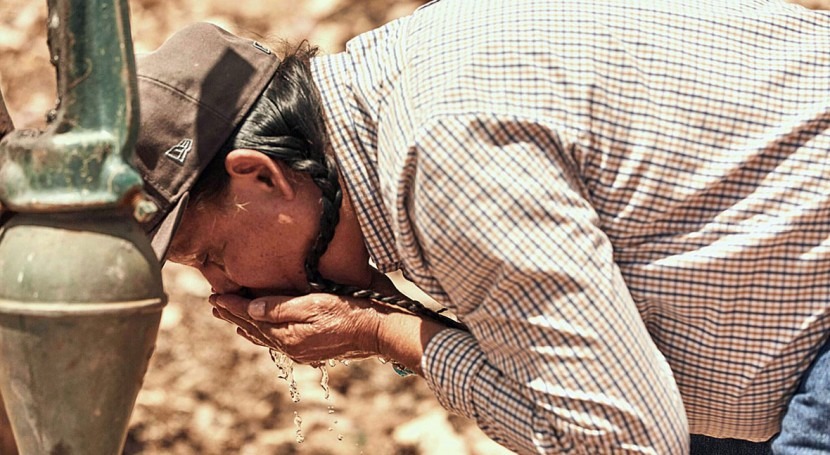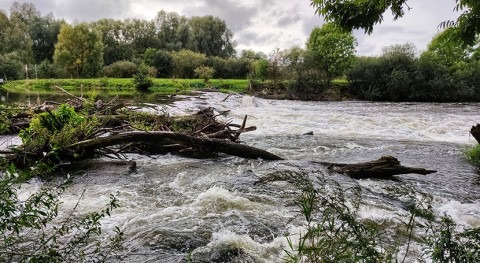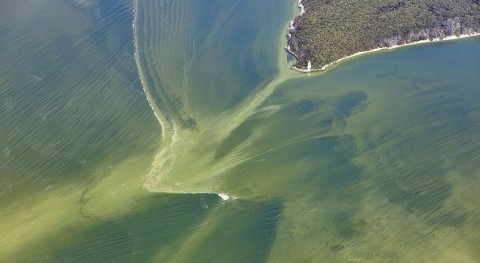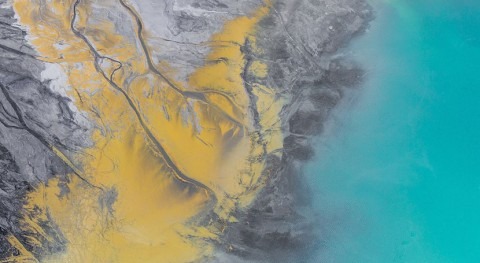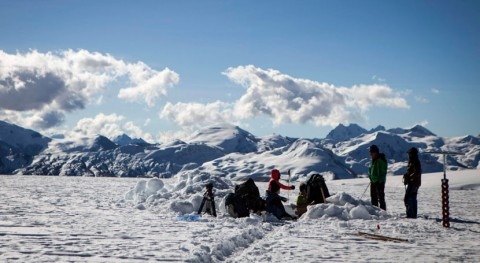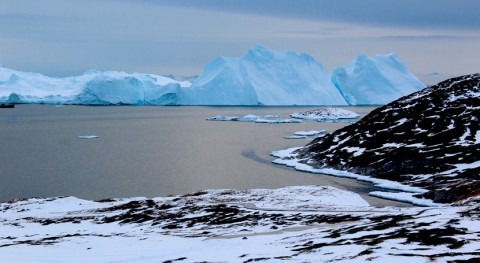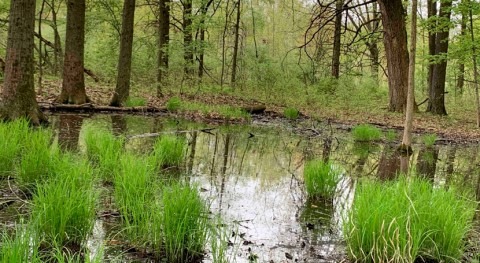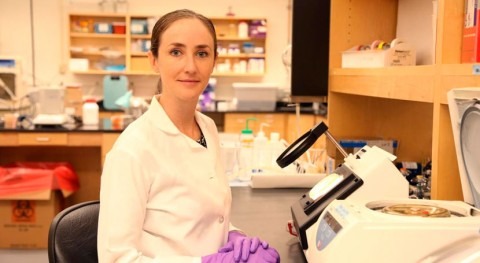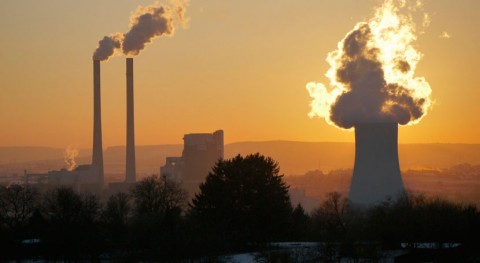A new effort led by researchers at The Ohio State University will help the Navajo Nation mitigate the lack of water and food security at a time when the Navajo communities are facing new challenges due to COVID-19.
The Global Water Institute (GWI) is partnering with the Navajo Nation and a consortium of partners including Assist International, Netafim, Suez WTS USA, Inc., WorldServe International and the Duke University Nicholas School of the Environment to confront the critical water crisis and improve agriculture and public health outcomes of the Navajo Nation. This federally recognized tribe with reservation lands in the states of New Mexico, Arizona and Utah is one of the largest in the country, with over 330,000 members, 175,000 of whom reside on the reservation.
“The COVID-19 pandemic has served as a catalyst for this project, but the truth is that COVID put a spotlight on the long-existing and intensifying lack of water and food security on the Navajo Nation,” said Tom Darrah, director of the GWI. “Today, nearly 10,000 Navajo families lack domestic piped water, requiring more than 40% of families to drive long distances and congregate to get clean water – action that can help spread a highly contagious virus and makes access to water incredibly expensive.”
The five-year project aims to address the Navajo Nation’s most serious water needs and provide agricultural and public health training. Initial actions include upgrading existing boreholes using sustainable solar-power pumps, drilling new water wells and developing agricultural training.
“Increased access to sustainable high-quality water enables everything; water really is life,” said Rudolph Shebala, the executive director of natural resources for the Navajo Nation.
Long-term project goals include establishing more than 300 new sustainable water access points, including solar-powered water filtration, recycling and compost hubs, and internet hot spots. In parallel, GWI will conduct a comprehensive community needs assessment, led by Mary Rodriguez, assistant professor of agricultural communication, education and leadership. Leah Bevis, assistant professor of agricultural, environmental and development economics, will lead measurement and evaluation research to determine the project’s effectiveness and impacts.
An important component of the project is to train a cohort of Navajo students at Ohio State in each of the focus areas to maximize the long-term impact of the project for the nation.
Darrah stressed it’s a collaborative project with the Navajo Nation.
“We’re there to identify their wants and needs and to make sure we are bringing the best science, technology and policy to bear to find sustainable solutions for the needs they identify,” he said.


